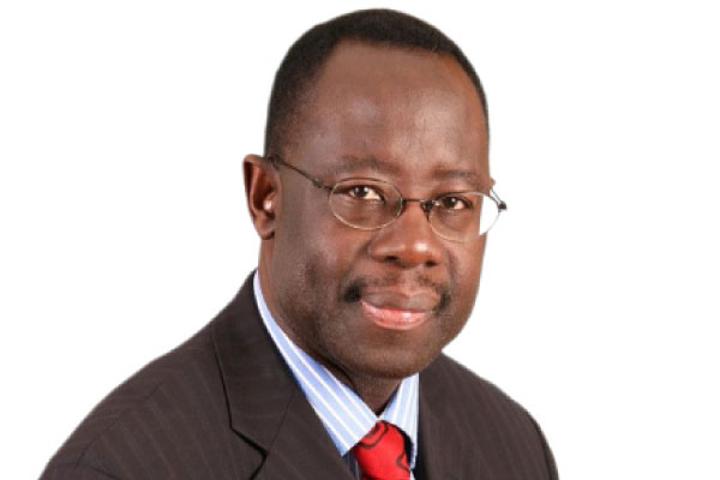Africa-Press – Uganda. On the day the-now-late Tanzanian president John Pombe Magufuli was announced dead, I was contacted by a senior journalist from Kenya seeking my opinion on succession in Africa, why leaders chose weak deputies among others; and while it was almost certain that Magufuli had already died, why the news black-out and like, how Malawi allegedly had to take the body of their late leader to South Africa for two weeks.
While for Tanzania I was confident that in the event (turned out true) that the president died, their national constitution and that of the ruling CCM party, its structures and culture were such that no major challenges would emerge – certainly not of legitimacy or institutional instability.
Yet that is as it might be, for the rest of Africa with a few exceptions like South Africa, which has a secure constitution and possibly the most stable emergent democracy, most other African leaders ‘choose’ assistant presidents for roles of vice/deputy presidents and they do so for reasons:That the continent has not fully emerged from military dictatorships to democracies (except a couple), but merely changed from military dictatorships to constitutional dictatorships in suits – many still soldiers.
While Uganda was given for my thoughts, my response was that we are the worst example because we were never a one-party dictatorship.
We were a monolithic one-man dictatorship turned a one-man cum-military dictatorship in occasional suits.
Everything else – including the seasonal election charades – are mere rehearsals for donors and, classic hoodwink for unsuspecting citizens most of whom were born during this regime and broadly for whom unless tables are banged at lectures, they have no knowledge of ‘alternative political better’ or, are victims of Kyankwanzi-indoctrination-machinery with the lines-and-froth that either this country started in 1986 or, nothing better is possible outside the machinery of Kabamba ‘election-aka-legitimacy’ narrative.
They are obviously wrong but, that’s the line, serving their click-interests.
Overall (for Africa), I directed the conversation to sharp-president Barack Obama’s historic speech at the AU in Addis in which he gave the clear remedy: African needs not strong men (with a few women) but rather, strong institutions.
That how many of those Africans present at Africa Hall that day returned to their home countries and changed their ways, their thinking or simply, their culture of work or, rather, work ethics?
Our problems then are as much the peoples as those of their leaders – most of whom are anyhow, mere imposters. If true then, it is up to the younger generation and, those liberated minds of my age to change, have courage, take responsibility and, truly change – in practice.
Considering Magufuli’s accomplishments in merely five years in office; not withstanding some rather scathing attacks on some of his style by those with varying interests and, while acknowledging that he had some unacceptable excesses, his passing grants a shining legacy that only those with extremely crude self-interests would to deny: He sought to strategically reposition Tanzania and, nationalised key mining sectors to ensure Tanzania’s full benefits.
He embarked on major infrastructure projects countrywide, ensured most competitive contracts, minimal -if any – corruption with completions on time and on budget. Not in Kenya and, certainly do not mention Uganda. I only learnt the other day that Tanzania is building the largest hydro-electric dam in Africa at Rufiji, not in Ethiopia, Nigeria or Tibuhaburwa’s Uganda.
CCM and Tanzania have lost a true leader, a nationalist.
The writer is a former UPC spokesperson [email protected]






